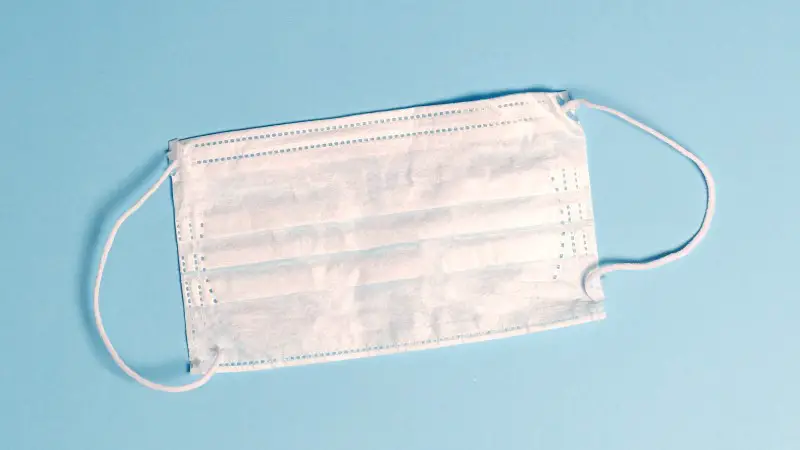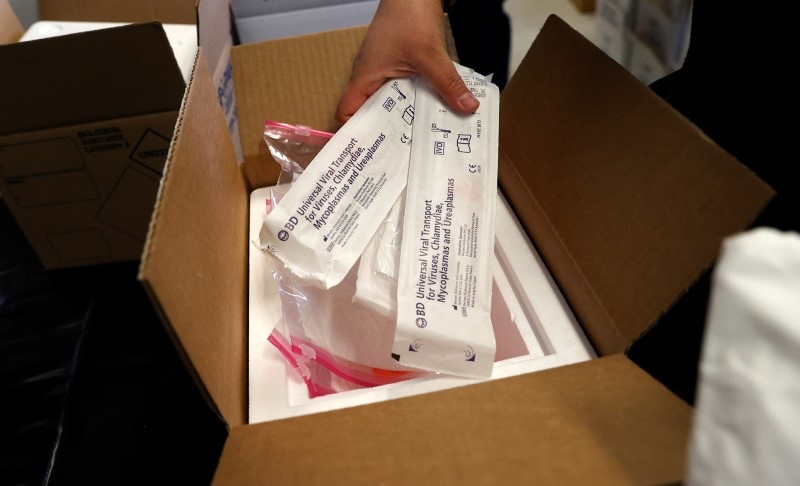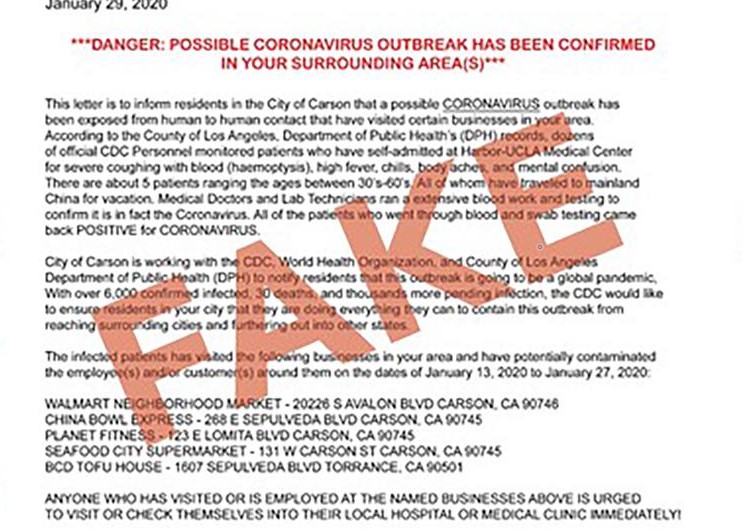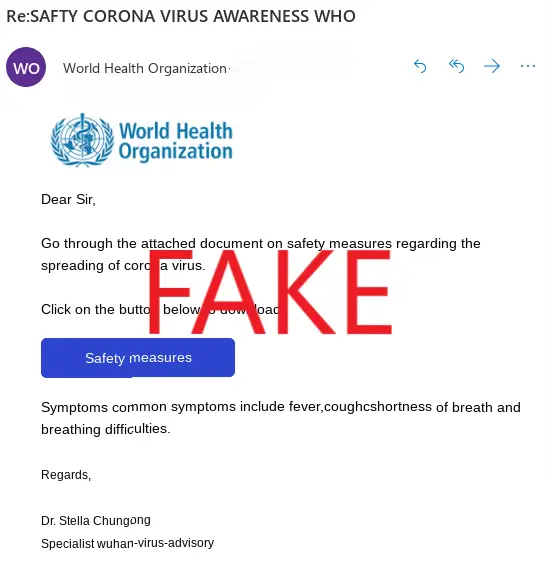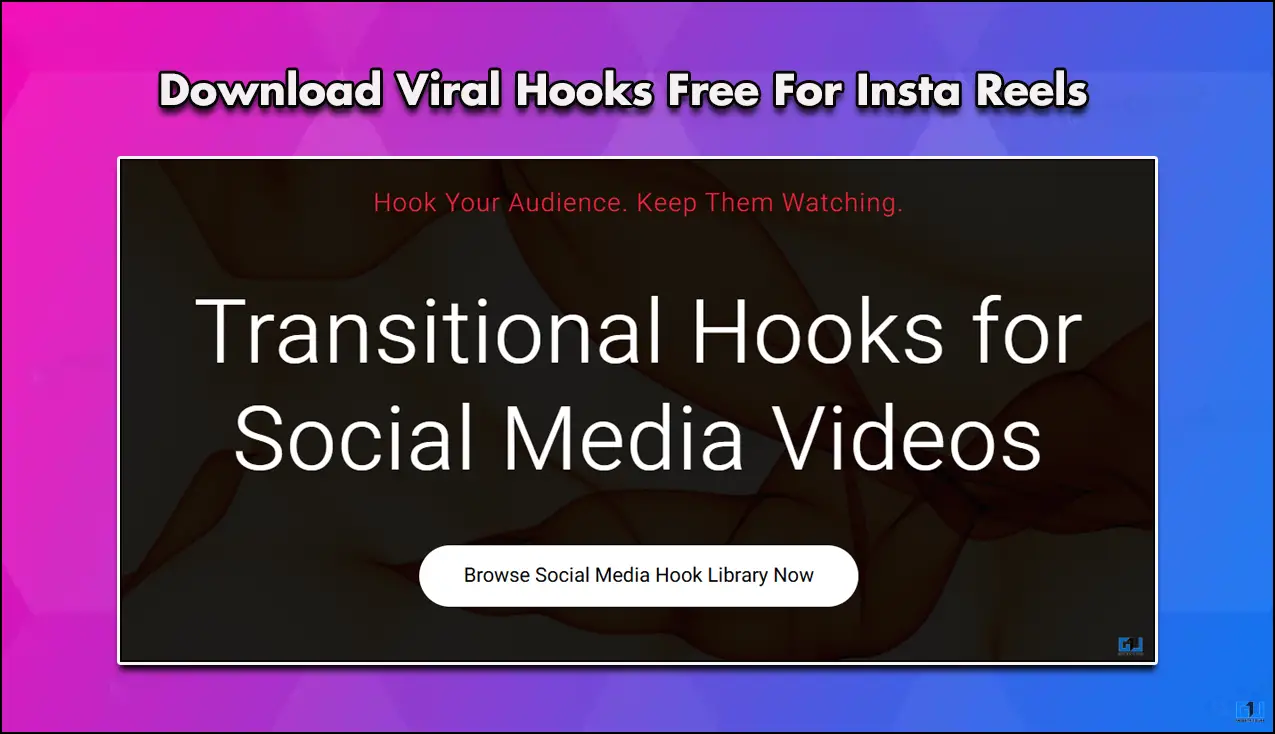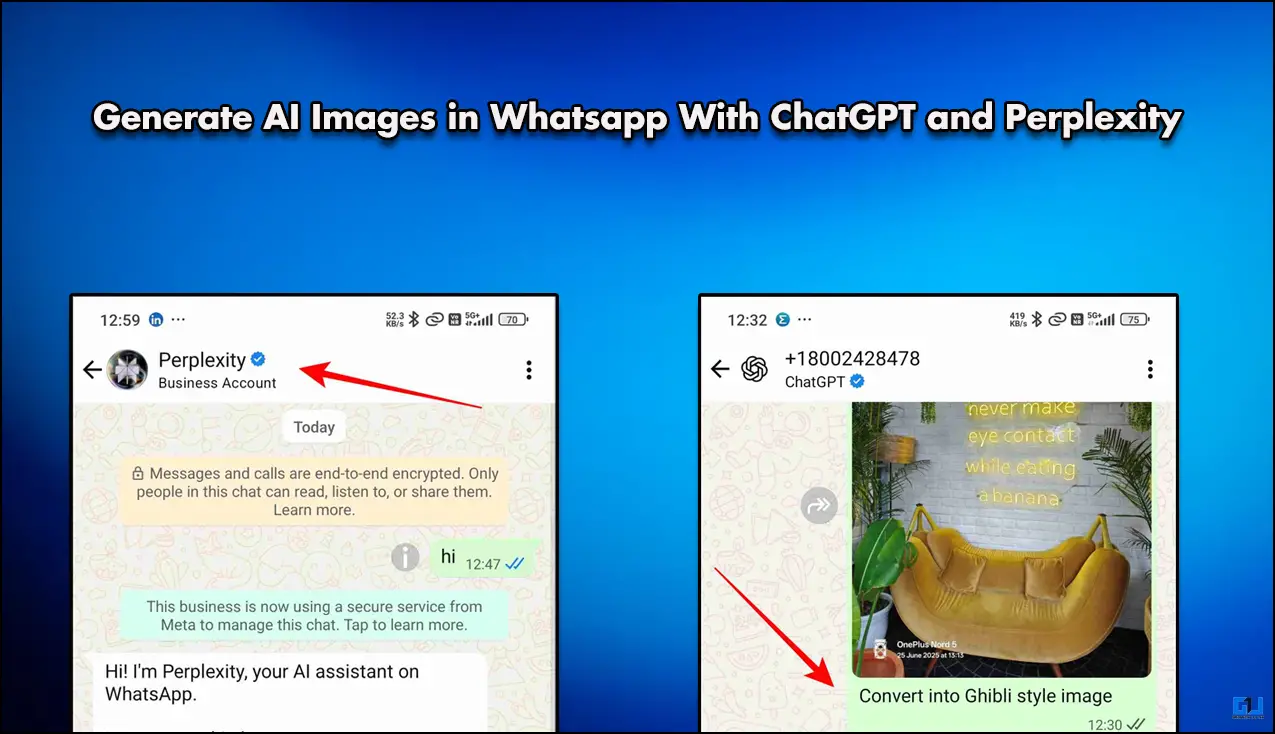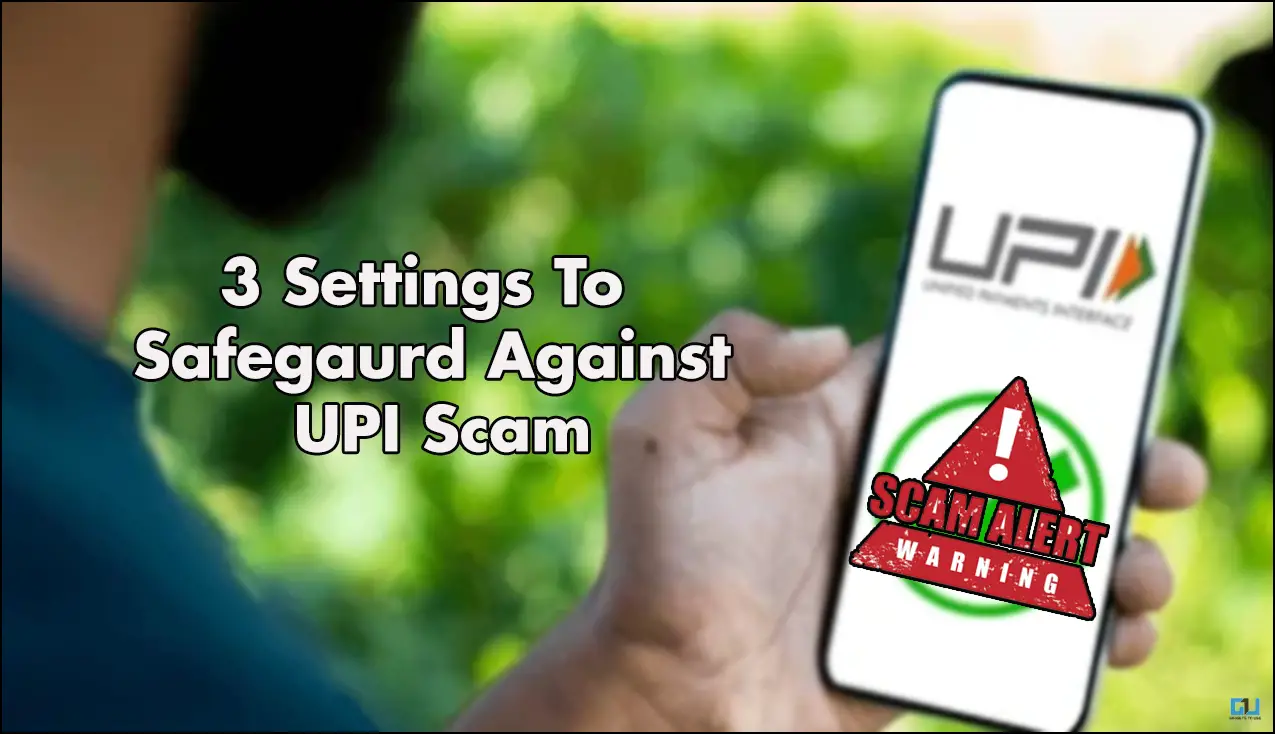Quick Answer
- It’s time for people to get united and help caretakers and the ones in need by either offering food, essentials, or money donations.
- If you are willing to offer monetary help, make sure to either do it directly to Prime Minister’s Relief Fund or known charities.
- Coronavirus has turned into a lethal pandemic and is still spreading at an alarming rate across the globe.
Coronavirus has turned into a lethal pandemic and is still spreading at an alarming rate across the globe. India, too, is struggling to control the situation. However, this hasn’t stopped scammers from trying to make money from people. There are tons of online as well as offline scams running amid the crisis that many tend to fall for. In this article, let’s have a look at major coronavirus scams that everyone should be aware of.
Major Coronavirus Scams
1. Facial Mask & Sanitizer Scams
Facial Masks and Sanitizers are selling so extensively that they’ve gone unavailable at many places due to limited supplies. The demand is so high that even popular e-commerce sites like Amazon don’t have regular stocks.
Unfortunately, many are taking advantage of the surge by selling these essentials at an extensively high price, either offline or via Facebook and Instagram platforms. And that doesn’t stop here; there have been cases where people either got expired, damaged, used, and unsafe products or never got delivery, losing the money altogether.
Thankfully, Facebook and Instagram have temporarily banned face mask commerce listings and ads related to coronavirus. However, there are still many sellers that flout the restrictions and are openly scamming people.
So, make sure that you never order anything from unknown and suspicious third-party sellers. Either buy from trusted chains like Amazon, PharmEasy, NetMeds, 1Mg, etc. or reach out to local medical stores while strictly following necessary precautions and orders from authorities.
Indian Government on Masks and Sanitizers
Worth noting, Sanitizers, and Facial Masks have been declared as essential commodities. And the Indian government has announced fixed prices for both these products throughout the country, for the time being.
Notably, the maximum retail price for 2ply and 3ply ‘surgical’ face masks has been restricted to INR 8 and INR 10 per unit, respectively. Whereas, MRP for 3 ply meltblown face masks have been capped at INR 16 per unit.
The center has further notified that the retail price of a 200ml bottle of hand sanitizer should not exceed INR 100. Any seller found offending the rules can be fined or jailed for up to seven years or both.
Do Facial Masks prevent Coronavirus?
There’s a lot of fuss going around the effectiveness of facial masks preventing Coronavirus. Well, it’s true that simply wearing a mask cannot guarantee prevention from COVID-19, as it can still spread through eyes and touch.
That said, surgical masks can help flatten the curve if done correctly. For patients, it’s advisable to use NIOSH-certified N95 respirator masks which can help to limit the infection to an extent. WHO has a detailed guide on when and how to use masks.
2. Fake Medicine, Cures & Test Kits
Another way scammers will try milking money from you is by selling you coronavirus test kits, preventive measures, or medicines to cure the disease. You’ll generally see come across them on social media, SMS, or in emails landing into your inbox.
As of now, there’s no known cure, medicine, or vaccine available for the Coronavirus that causes COVID-19 disease. Also, no test kit has been mandated for public use so far.
All you can do now is to get into self-quarantine, maintain social distancing and use preventive measures directed by the WHO and CDC. Researchers are working to find an effective treatment, and you’ll be notified by governmental authorities once something’s ready.
3. Fraud Charities
It’s time for people to get united and help caretakers and the ones in need by either offering food, essentials, or money donations. However, some tricksters have started using it as a money-making method by doing fake charities and crowdfunding.
If you are willing to offer monetary help, make sure to either do it directly to Prime Minister’s Relief Fund or known charities. You can also donate to trusted NGOs in your area.
Moreover, do not pay to an individual; always pay by credit card or cheque directly to the charity after confirming its charitable status. If you see someone looting money in the name of helping people, please inform the authorities.
It’s recommended to directly help the needy and poor in your locality. You can also take help from local communities or ground-level authorities.
4. Myths & False Information on Social Media
Almost every day, you’ll come across some information or claim about Coronavirus, circulating on WhatsApp and other social media platforms. Make it a habit to verify any piece of news or information from trusted sources before believing or forwarding it ahead.
Always stick to renowned authorities, fact check sites, and go through multiple websites before believing anything in the current situation.
Lately, WHO has released a chatbot on WhatsApp that will serve you with authentic information on the disease. Here’s how you can contact these bots to get the updated information about the pandemic.
5. Door-to-door Services
In the current state of lockdown, the government has set a specific schedule for people to go out for shopping essentials, including medicines and groceries. Many stores and retail chains are even offering doorstep delivery options. And that’s where lies a possibility of scams.
Scammers may call you citing that they offer door-to-door grocery delivery. And you may end up handing them a list of products you need along with the payment and getting ripped. If you want doorstep delivery, always verify the number of the retail chain, store, or shopkeeper- not from listings on Google but their official site or in-person visit.
Also, note that no authorities in India or the US are conducting door-to-door testing for coronavirus. So, kindly don’t entertain if anyone claiming anything such knocks your door.
6. Email Scams & Imposters
Emails and text messages are a popular means of broadcasting Coronavirus scams. It’s been found that scammers are sending emails to people, claiming to provide Coronavirus cures or preventive measures. A lot of them are also posing as government agencies or banks & health care providers to extract personal information such as credit card data, passwords, and other banking information.
Some emails may also attachments having viruses or malware. It can also be ransomware that will encrypt all your files on the computer, and ask huge amounts of money to decrypt them back to normal.
Please do not open such emails. Even if you do, avoid clicking any links or opening attachments. To check if it’s a genuine email, verify the domain of the sender’s email.
Wrapping Up- Avoid Coronavirus Scams
Scammers will always be pulling a lot of hoaxes to take advantage of fear amongst people. And hence, one should always be aware and alert of all possibilities concerning prevalent Coronavirus scams. Anyway, maintain social distancing and step out only if it’s extremely necessary. Stay tuned for more such articles.
More on Coronavirus-
- Coronavirus: 5 Apps to Make Your Work From Home Easier
- How to Disinfect Your Smartphone to Keep it Safe from Coronavirus
- Coronavirus: How to Prepare Yourself to Prevent COVID 19?
